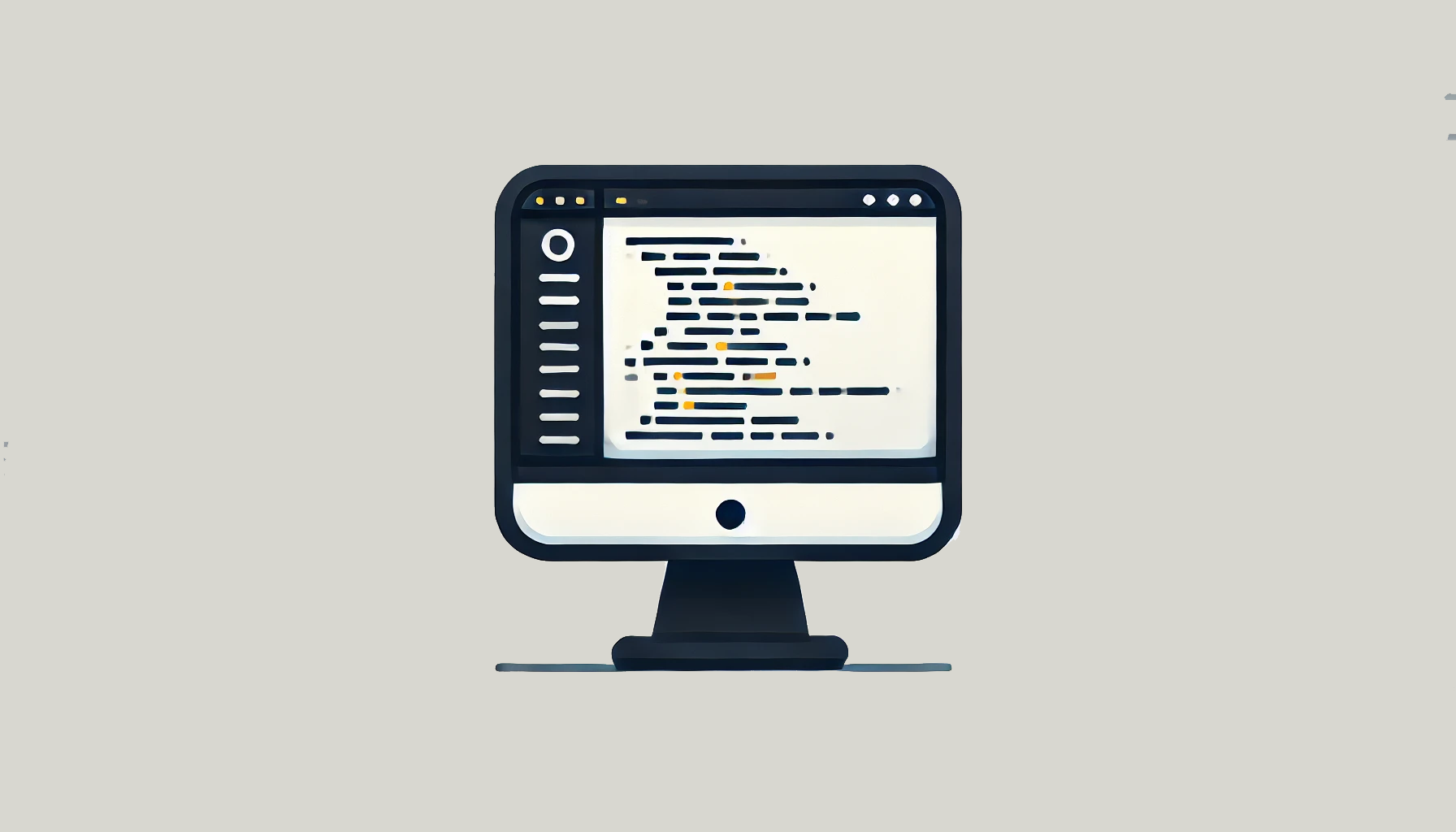Cursos relacionados
Ver Todos los CursosPrincipiante
Java Basics
Learn the fundamentals of Java and its key features in this course. By the end, you'll be able to solve simple algorithmic tasks and gain a clear understanding of how basic console Java applications operate.
Principiante
Introduction to Python
Python is a high-level, interpreted, general-purpose programming language. Distinguished from languages such as HTML, CSS, and JavaScript, which are mainly utilized in web development, Python boasts versatility across multiple domains, including software development, data science, and back-end development. This course will guide you through Python's fundamental concepts, equipping you with the skills to create your own functions by the conclusion of the program.
Principiante
C# Basics
Get ready to embark on a thrilling coding journey with C# - the language that powers Windows applications, games, and more. Unlock the potential to build everything from dynamic web apps to powerful desktop software. With its elegance, performance, and versatility, C# is your gateway to the future of programming. Let's dive in and bring your coding dreams to life!
Differences in Program Execution Interpreter vs Compiler
How interpreters and compilers process code

In programming, two essential tools translate high-level code into machine-readable instructions: interpreters and compilers. These tools play a pivotal role in transforming the code written by developers into instructions that a computer's hardware can execute. Though they serve similar goals, interpreters and compilers differ significantly in their operation, execution time, error handling, and applications.
What is an Interpreter?
An interpreter is a tool that reads and executes code line-by-line, translating each line into machine code as the program runs. Interpreters are commonly used in scripting languages and other high-level programming languages where dynamic execution is crucial.
How Interpreters Work
The interpreter takes each line of code and translates it into machine code on the fly. This means there is no separate compilation step, making interpreters ideal for testing and debugging. However, this line-by-line execution often leads to slower program performance compared to compiled languages. Key steps in interpretation include:
-
lexical analysis: the interpreter scans the code line-by-line and breaks it into tokens;
-
syntax analysis: each token is analyzed for syntax errors;
-
execution: the interpreter translates the line into machine code and executes it immediately.
Run Code from Your Browser - No Installation Required

What is a Compiler?
A compiler translates the entire code into machine language in a single operation, creating an executable file that can be run on a target system. Compilers are typically used for languages where execution speed is crucial, such as C and C++.
How Compilers Work
Unlike interpreters, compilers process the entire codebase at once, performing a detailed analysis of syntax, semantics, and optimization before generating an executable file. This upfront translation means that programs run faster once compiled, as they are pre-optimized for the target machine. Key steps in compilation include:
-
lexical analysis: scans and tokenizes the entire code;
-
syntax analysis: checks for syntax errors in the entire codebase;
-
semantic analysis: ensures variables and functions are used correctly;
-
optimization: the compiler optimizes code for performance.
-
Code Generation: Translates code into machine language;
-
linking: links necessary libraries and generates an executable file.
Practical Examples of Interpreters and Compilers
| Language | Interpreter | Compiler |
|---|---|---|
| Python | Interpreted (Python Interpreter) | N/A |
| Java | Interpreted (JVM) | Compiled to Bytecode |
| C/C++ | N/A | Compiled |
| JavaScript | Interpreted (Browser) | N/A |
Python is an interpreted language, relying on the Python interpreter, which executes code line-by-line. This makes Python highly suitable for rapid testing and debugging. Java, on the other hand, uses both compilation and interpretation. Java code is first compiled into bytecode, which is then interpreted by the Java Virtual Machine (JVM). This dual approach enables Java to run on multiple platforms seamlessly.
C and C++ are compiled languages, translating code directly into machine code before execution. This upfront compilation results in high-performance programs, making them ideal for applications where speed is essential, such as systems programming and game development. JavaScript, widely used for web development, is interpreted by web browsers, allowing dynamic interactions within web pages.
Ruby is interpreted using Matz’s Ruby Interpreter (MRI), while PHP relies on the Zend Engine for interpretation. These interpreted languages are commonly used for web development, where rapid iteration is advantageous. Swift, however, is a compiled language optimized for Apple’s ecosystem, enabling fast and efficient execution on iOS and macOS devices.
Go, another compiled language, is known for its speed and support for concurrency, making it a popular choice for backend development. Perl, primarily used in scripting and data manipulation, is an interpreted language, providing flexibility for quick automation tasks. Similarly, R is interpreted and widely utilized in statistical computing and data analysis.
TypeScript is a typed language that is compiled (or transpiled) to JavaScript, allowing developers to add strict typing to JavaScript projects while maintaining compatibility with web browsers. Scala is both compiled and interpreted; it is compiled to Java bytecode and executed on the JVM, supporting various development needs. Lastly, Haskell provides flexibility, allowing for both interpretation and compilation. It can be interpreted using the Glasgow Haskell Compiler Interpreter (GHCi) for testing or fully compiled with the Glasgow Haskell Compiler (GHC) for optimized performance in production settings.
Disadvantages and Advantages Table
| Aspect | Compilation | Interpretation |
|---|---|---|
| Advantages |
|
|
| Disadvantages |
|
|
Start Learning Coding today and boost your Career Potential

FAQs
Q: Which is faster, an interpreter or a compiler?
A: Compilers generally produce faster-executing code because they convert code into machine language before execution, unlike interpreters that execute code line-by-line.
Q: Can a language be both interpreted and compiled?
A: Yes, some languages, like Java, use both. Java code is compiled to bytecode and then interpreted by the Java Virtual Machine (JVM).
Q: Why are interpreted languages preferred for scripting?
A: Interpreted languages allow for real-time testing and debugging, making them ideal for scripting and rapid development environments.
Q: Are interpreters or compilers more memory-efficient?
A: Compilers are generally more memory-efficient during program execution because the code is fully optimized and doesn’t require a line-by-line interpretation.
Q: Do interpreters produce an executable file?
A: No, interpreters do not produce a separate executable file. Instead, they translate and execute code on-the-fly.
Cursos relacionados
Ver Todos los CursosPrincipiante
Java Basics
Learn the fundamentals of Java and its key features in this course. By the end, you'll be able to solve simple algorithmic tasks and gain a clear understanding of how basic console Java applications operate.
Principiante
Introduction to Python
Python is a high-level, interpreted, general-purpose programming language. Distinguished from languages such as HTML, CSS, and JavaScript, which are mainly utilized in web development, Python boasts versatility across multiple domains, including software development, data science, and back-end development. This course will guide you through Python's fundamental concepts, equipping you with the skills to create your own functions by the conclusion of the program.
Principiante
C# Basics
Get ready to embark on a thrilling coding journey with C# - the language that powers Windows applications, games, and more. Unlock the potential to build everything from dynamic web apps to powerful desktop software. With its elegance, performance, and versatility, C# is your gateway to the future of programming. Let's dive in and bring your coding dreams to life!
Top 25 C# Interview Questions and Answers
Master the Essentials and Ace Your C# Interview
by Ihor Gudzyk
C++ Developer
Nov, 2024・17 min read

AI as a Colleague
How Collaborative Systems Are Reshaping Work Teams in 2026
by Daniil Lypenets
Full Stack Developer
Feb, 2026・7 min read

8 In-Demand Skills to Earn Big in 2025
Skills to stay ahead
by Anastasiia Tsurkan
Backend Developer
Dec, 2024・23 min read

Contenido de este artículo